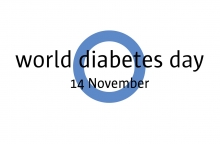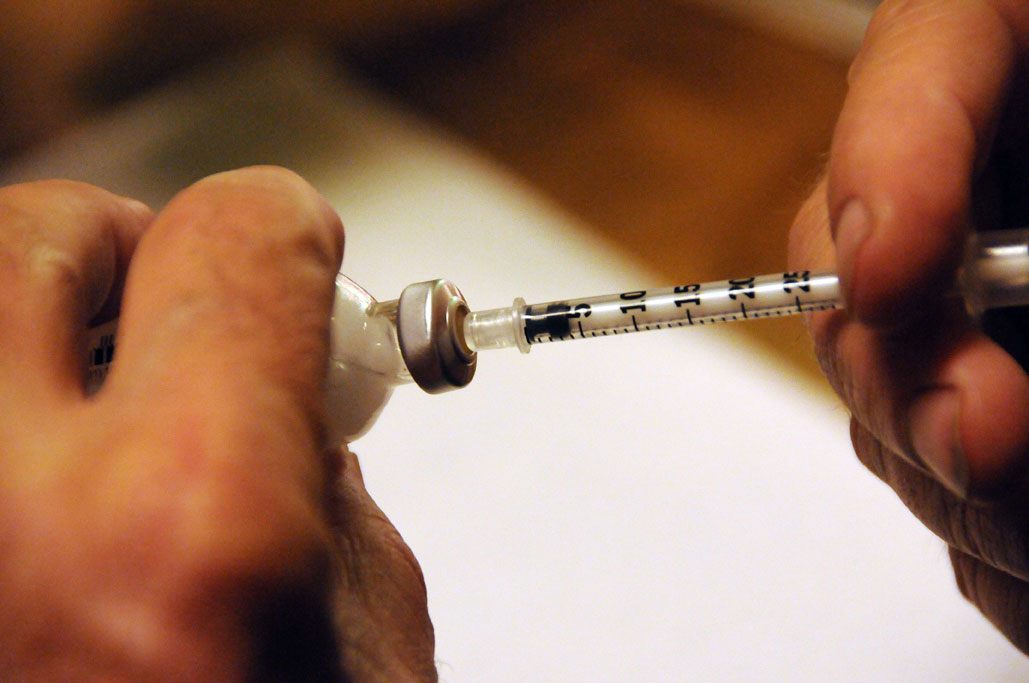All “Eyes on Diabetes”

Diabetes is a significant and growing health burden. There were 415 million adults living with diabetes worldwide in 2015. The number is estimated to rise to 642 million adults by 2040, which would be one tenth of the entire adult population. About 12% of global health expenditure is currently spent on the management and treatment of diabetes.
 Raising awareness on diabetes is exceedingly important. Early diagnosis makes management of the health condition easier and results in better health outcomes. Unfortunately, because they have never screened for diabetes, half of the total number of persons living with diabetes are not aware of their condition. Quite often complications have set in before diagnosis.
Raising awareness on diabetes is exceedingly important. Early diagnosis makes management of the health condition easier and results in better health outcomes. Unfortunately, because they have never screened for diabetes, half of the total number of persons living with diabetes are not aware of their condition. Quite often complications have set in before diagnosis.
PSI General Secretary, Rosa Pavanelli, stresses the fact that poor nutrition, particularly in developing countries, poses a threat to efforts aimed at curbing the spread of diabetes:
“The incidence rate of type 2 diabetes in children is likely to rise even more in low and middle income countries of the Global South, spurred by increasing poverty and inadequate nutrition. In Africa alone, for example, the number of persons living with diabetes is expected to double by 2040, compared to a 55% increase globally. We must acknowledge the challenge of diabetes as a major health burden, pay closer attention to the social determinants of health, including the right to adequate and nutritious food, and encourage the urgent need to screen, diagnose and provide appropriate treatment to people with diabetes.”
According to the International Diabetes Federation, diabetes is today a leading cause of cardiovascular diseases, blindness, kidney failure and lower limb amputation in many countries. Early detection and prompt treatment can prevent visual impairment, blindness and help mitigate the impact of diabetes on individuals, their caregivers and society at large.
Health workers, working in primary healthcare facilities, are at the forefront of the management of diabetes and its complications. Taking action to curtail the spread of diabetes however requires our collective action, and begins with each of us. We must all have our eyes on diabetes. Screen for diabetes today, if you have not already done so!

